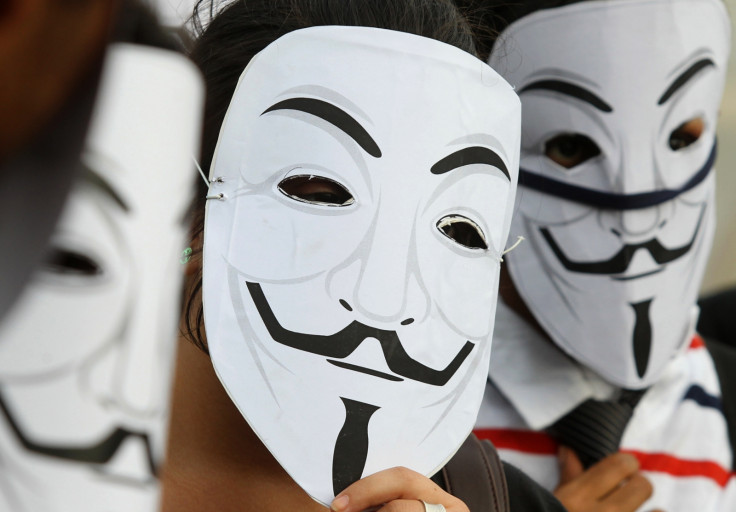What happened to Anonymous? Experts say they're 'script kiddies who barely understand hacking'
Has the once-feared hacktivist collective lost its way? Some experts say so.

Anonymous, the loose collective of hackers and online activists, is a controversial group which for over a decade has targeted politicians, governments and corporations. Despite once playing a key role in shaping internet culture, some believe the masked cabal has lost its way.
"To my mind Anonymous, by and large, is overpopulated by blowhard script kiddies who barely understand politics let alone hacking," said Rik Ferguson, a cybersecurity expert and close advisor to Europol, in a keynote at 2017's Infosecurity Europe this week (6 June).
Ferguson indicated the group had become a shadow of its former self - a set of hackers which could at one time boast to have played a role in the so-called "Arab Spring".
However, he maintained there are still some "skilled individuals" in hacktivist groups today.
"It's impossible to say that Anonymous has had zero impact - it has had impact on our culture, on our society and, to a large extent, on how freely information is now expected to be made available," Ferguson continued, adding: "Those are the pluses.
"It's not that everything Anonymous has done has been done has been negative.
"When its ire is well-aimed then its welcomed. However, as with any online movement that is self-regulating and re-spawns like Duke Nukem, you are going to attract a lot of amateurs and a lot of people who are simply in it for the fame."
James Lyne, head of research at cybersecurity firm Sophos, voiced a similar stance.
"Anonymous by definition is a group of different people without a clear leadership structure, with inconsistent messaging on what they are about, that represent a huge number of different parties and different [views]," he said.
"There have been occasions when I look at the actions they have taken and gone 'its really hard to say that's bad'," he continued. "But you have to draw the line that computer misuse in general is a bad thing but there are aims there you could take moral alignment to.
"There are others in that group that don't represent the same morals and ethics. I think you have to split them up into different splinters, intents and activities."
Most recently, Anonymous-affiliated hacktivists have launched cyberattack campaigns against US president Donald Trump, the Israeli government and a state broadcaster in South Africa. However, few of its hackers have reached the lofty ambitions set by their predecessors.
Is it game-over for the internet vigilantes? Or, as some believe, did the game end long ago?
© Copyright IBTimes 2024. All rights reserved.






